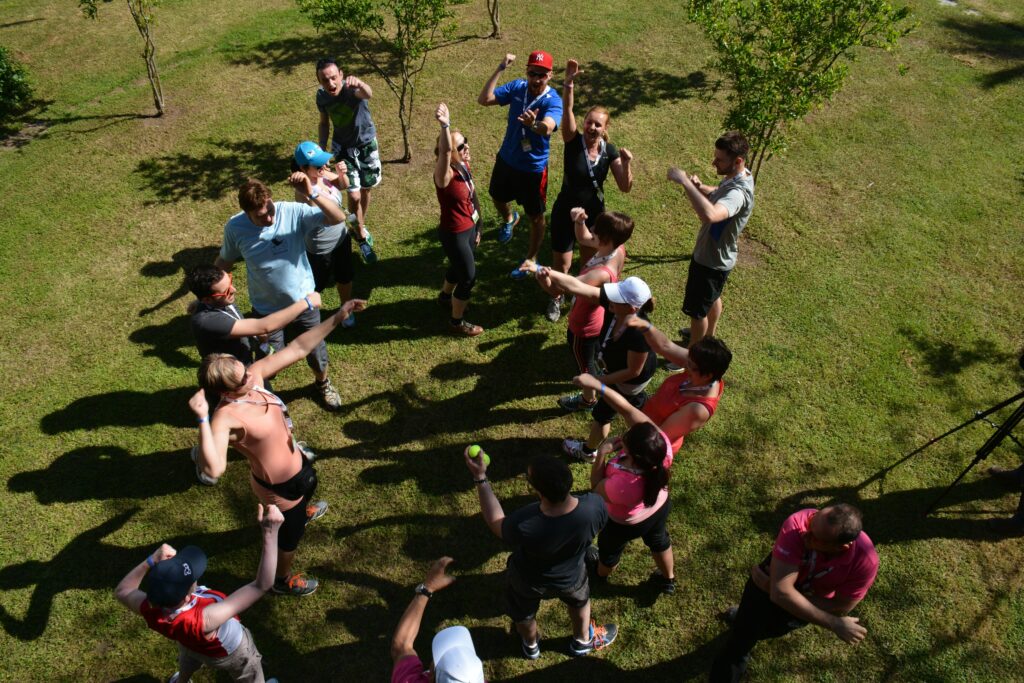In the modern workplace, fostering strong team dynamics is essential for productivity and job satisfaction. One popular approach is team building, which assumes that non-work activities can strengthen and improve relationships within a team to boost overall productivity and morale. However, the success of team-building activities can vary greatly depending on the execution and the nature of the activities themselves.
The Pitfalls of Traditional Team-Building Activities
Many of us have participated in various team-building events such as silly games, dining, picnics, or bowling. While these activities are often well-intentioned, their impact on workplace dynamics can be minimal. For instance:
- Embarrassing Activities: Activities that require overt participation, like singing or performing, can be uncomfortable, especially for introverts. These can lead to more anxiety than bonding.
- Company Parties: Picnics and bowling can be enjoyable, but they often end up feeling like company parties with little lasting impact on team cohesion.
- Personality Clashes: Different personality types react differently to team-building exercises. Introverts may shy away, extroverts may dominate, and those less engaged may simply observe without participating.
The Role of Professional Team Building
To truly harness the benefits of team building, it’s crucial to move beyond generic activities and consider professional team-building programs. Here’s why professional team building is worth considering:
- Foster New Connections: Professional team-building events are designed to mix up groups and encourage team members to interact with colleagues they might not usually engage with. This helps to build new connections and ensures that team bonding isn’t limited to existing friendships.
- Create Lasting Memories: Unique and thrilling activities create memorable experiences. These shared moments give team members something to reminisce about, fostering a sense of camaraderie that extends into the workplace.
- Inclusive Participation: Professional team facilitators are skilled at ensuring inclusive participation. They design activities that cater to various comfort levels, making sure everyone feels included. This is a stark contrast to traditional events like dining out or bowling, where participation levels can vary widely.
The Importance of Experienced Facilitators
The success of team-building activities often hinges on the expertise of the facilitators. Experienced team facilitators know how to create a comfortable atmosphere and tailor activities to the group’s dynamics. They ensure that:
- Activities Are Enjoyable: Facilitators choose fun and engaging activities that appeal to a broad range of interests.
- Comfort Is Prioritized: They are adept at making sure each participant feels comfortable, which is crucial for genuine team bonding.
- Team Dynamics Are Strengthened: By carefully managing the activities and interactions, facilitators help foster a stronger sense of teamwork.
Conclusion
Professional team building is more than just a corporate trend; it’s a strategic investment in your team’s cohesion and productivity. By choosing activities that foster new connections, create lasting memories, and ensure inclusive participation, companies can significantly enhance their workplace environment. With the guidance of experienced facilitators, team-building events can transform from obligatory outings to impactful experiences that strengthen team bonds and drive productivity.
So, the next time you’re planning a team-building event, consider the value of professional facilitation. It’s not just about having fun; it’s about creating a cohesive, motivated, and high-performing team.

